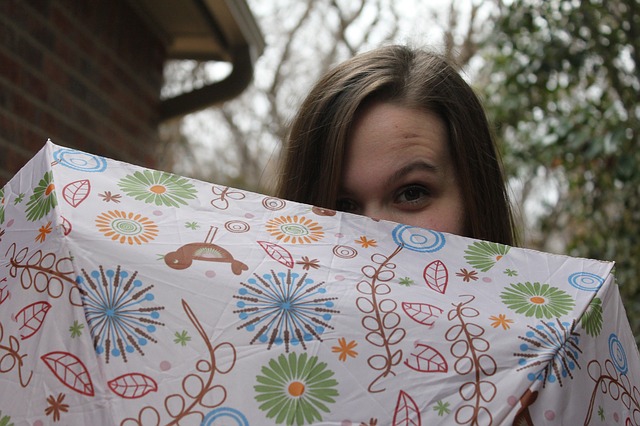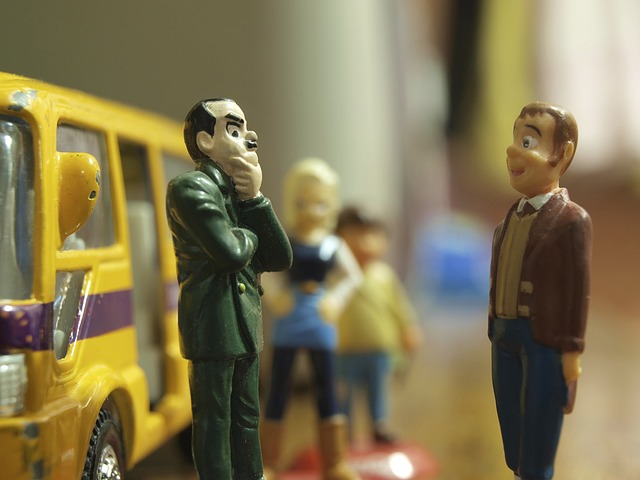“Definitions belong to the definers, not the defined.” – Toni Morrison
Hello, my name is Jan and I’m an introvert.
You’d certainly not know it by my profession. I’ve always had to be out there – meeting people, facilitating workshops, speaking to people. Good thing I like people. But my profession is very outward facing and in line with what one might think of for an extrovert.
Compared to the introvert, extroverts get the nice labels. They are generally called “gregarious” and “outgoing”. And, they’re never seen as having difficulty meeting new people and being the life of the party.
The introvert, on the other hand, well — that’s just such a negative title. It is typically associated with someone who’s shy and timid when interfacing with people. They’re not seen as friendly and they’re even called anti-social. And, dare I say they can be thought of as a wallflower. Trust me when I tell you that I’m still gonna rock my high heels till I’m wayyyy old. Maybe I’ll take it down to 2 to 3 inches so I don’t hurt myself but I’m still gonna rock it.
But the bottom line is that I know myself and I know that I’m an introvert. I know what that means to me. I just don’t like being labeled as such. It creates a false impression.
The Problem with Labels
“What’s in a name? That which we call a rose
By any other name would smell as sweet.” – William Shakespeare
Labels are catalysts for assumptions.
They inhibit having a well-rounded perspective. Do you know what being an introvert really means? It just means that introverts are not naturally “gregarious” so it takes more energy to be unreserved. So they recharge by being alone. For me, I actually like crowds. I get invigorated by that as I sit and watch people (alone) and I reflect and I think. Actually, I overthink and re-think everything I thought.
But labeling a person, especially with a perceived negative label, doesn’t make sense and it’s harmful in the workplace. It can even stunt a person’s professional growth. It’s simply an unhealthy compulsion to put everyone into categories. Does everything really fit nicely into a single box?
Rarely.
If you slap some label on a person it makes things too simple and then we jump to conclusions far too quickly without getting to know the real human. Humans aren’t always that simple and they are often complex.
Labels also can create false expectations. There is an effort to make things happen the way they are ‘supposed’ to happen instead of looking at possible alternatives. Once someone has been successfully labelled, that label may become the dominant label which again can hold them back. If you are trying to develop effective teams, labeling can be a pre-cursor to the way you expect someone to behave. It makes it hard for them to shake off that label.
The Best Way to Stop Labeling?
It’s actually very, very simple: Get to know a person. Know what they are like and know how they like to communicate. And, don’t make assumptions based on any false labeling system.
It doesn’t get much easier than that.
To receive similar content, “Like” us on Facebook @ https://www.facebook.com/niagarabuzz.ca










